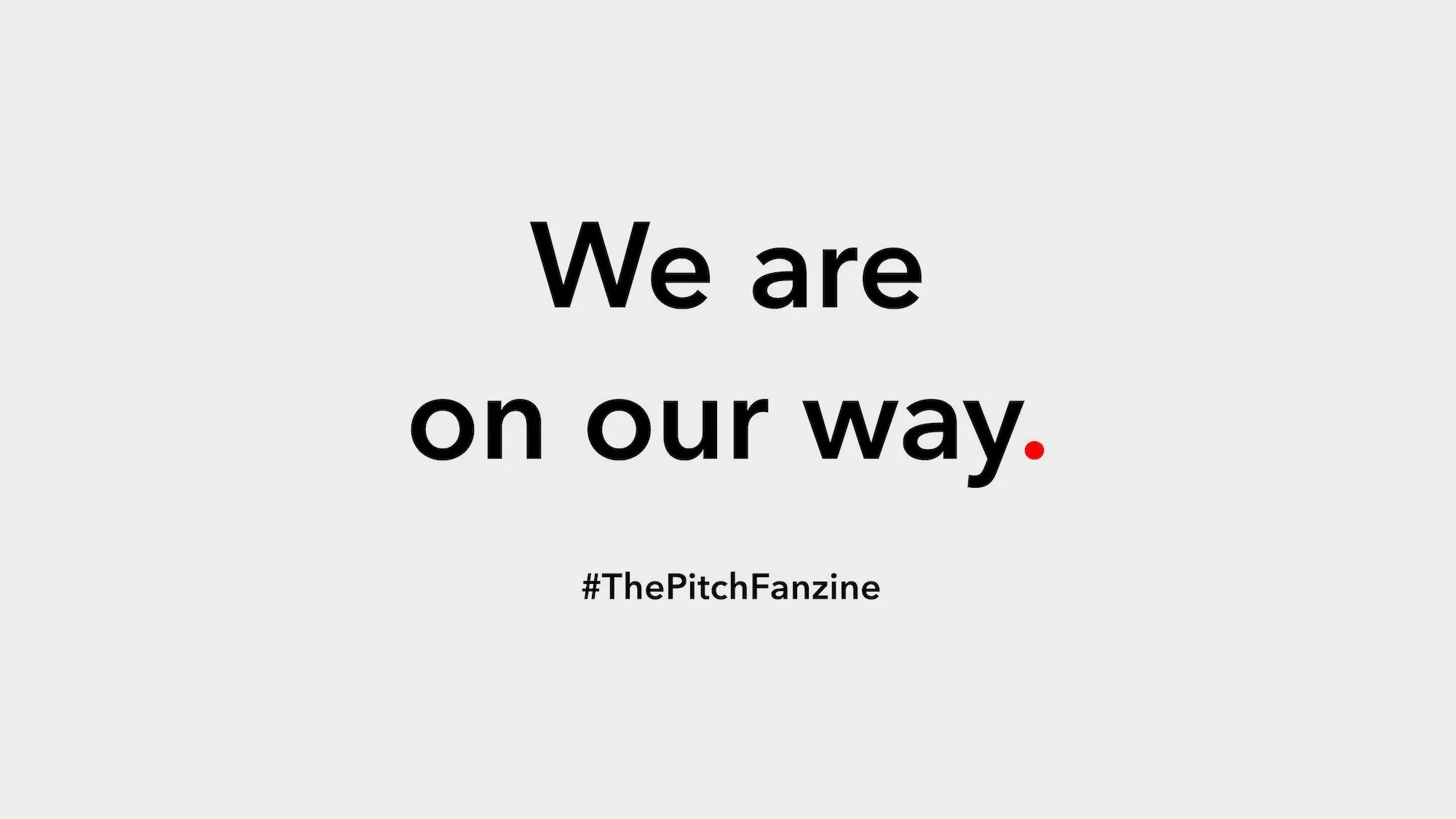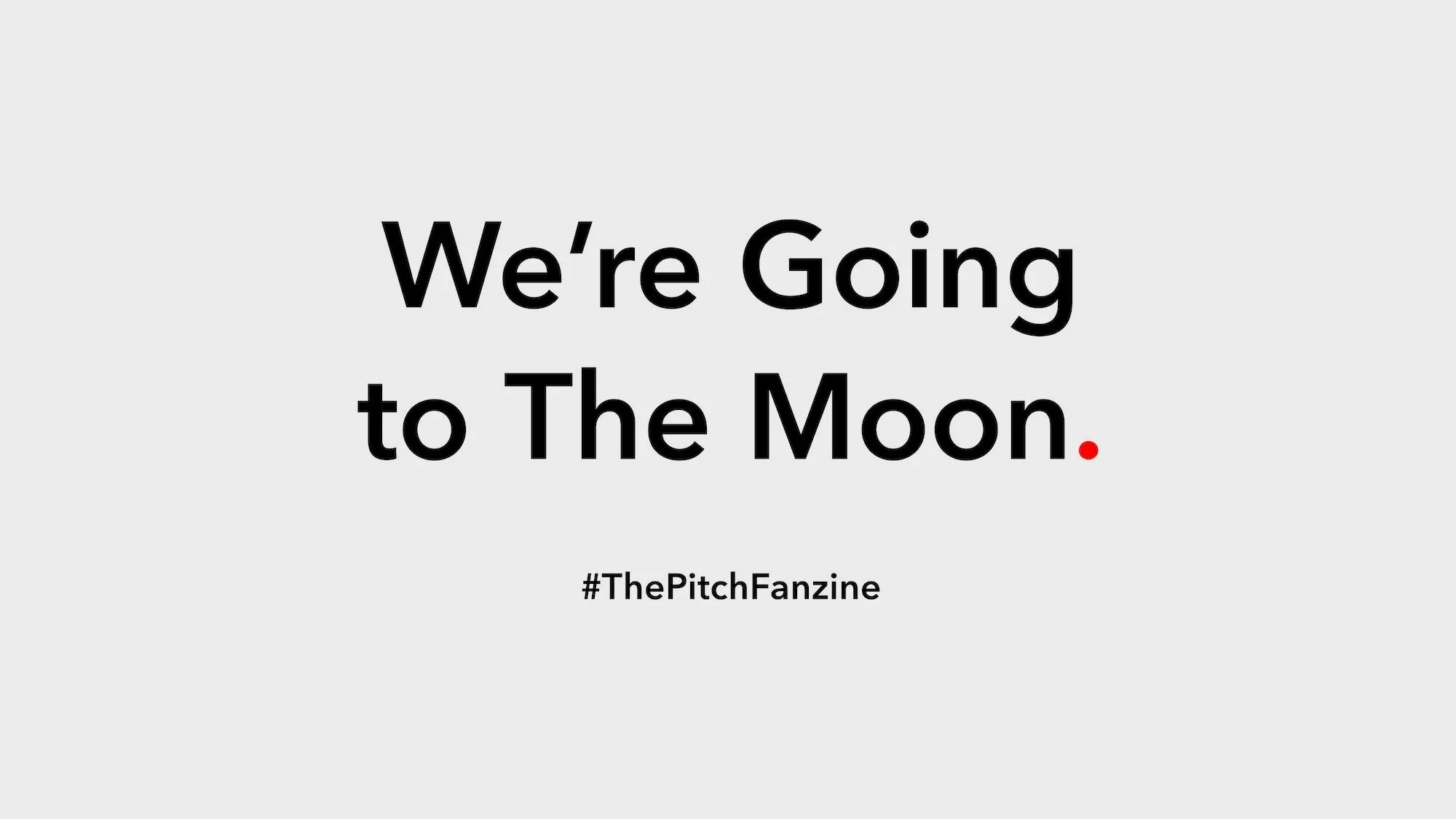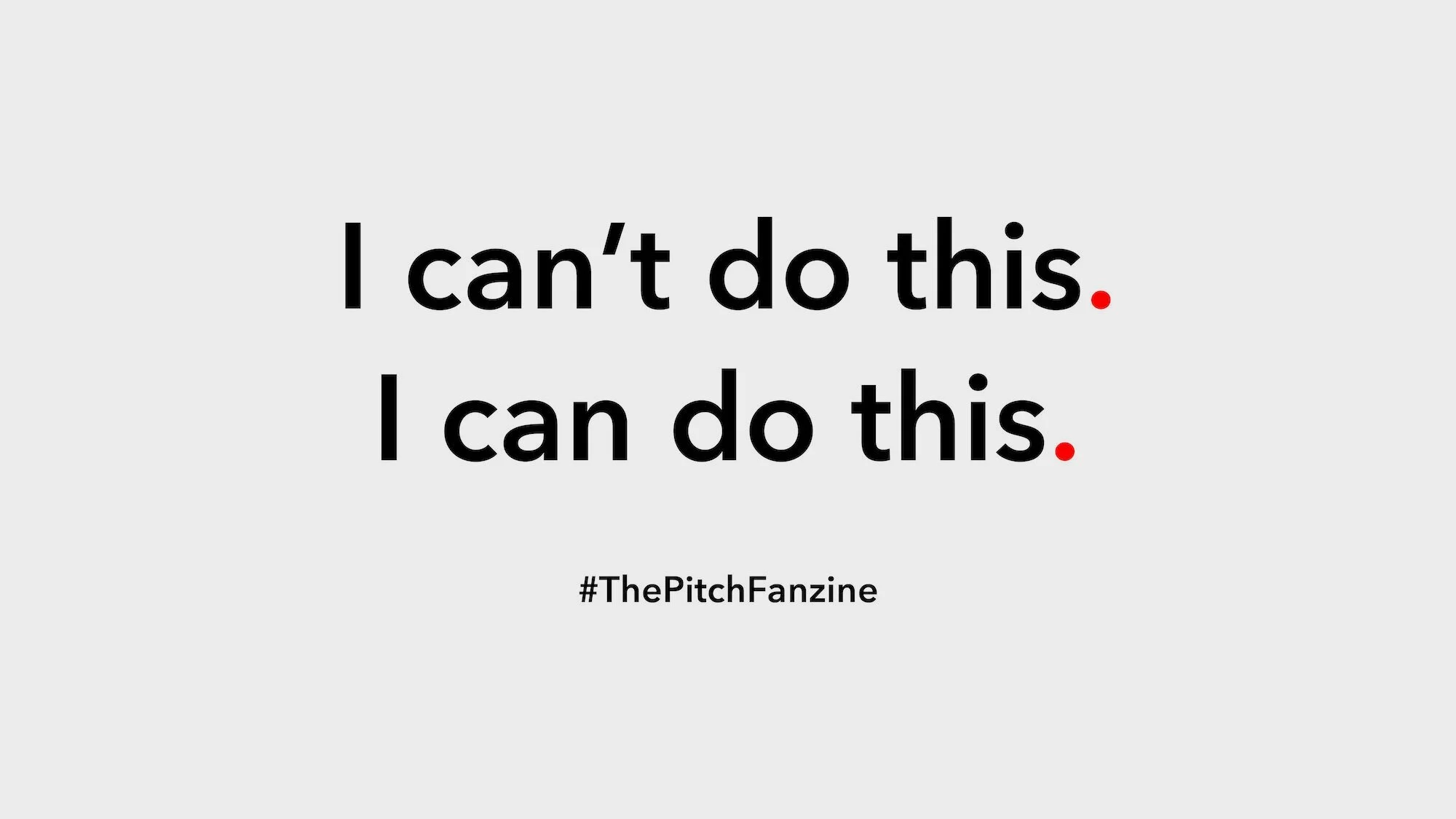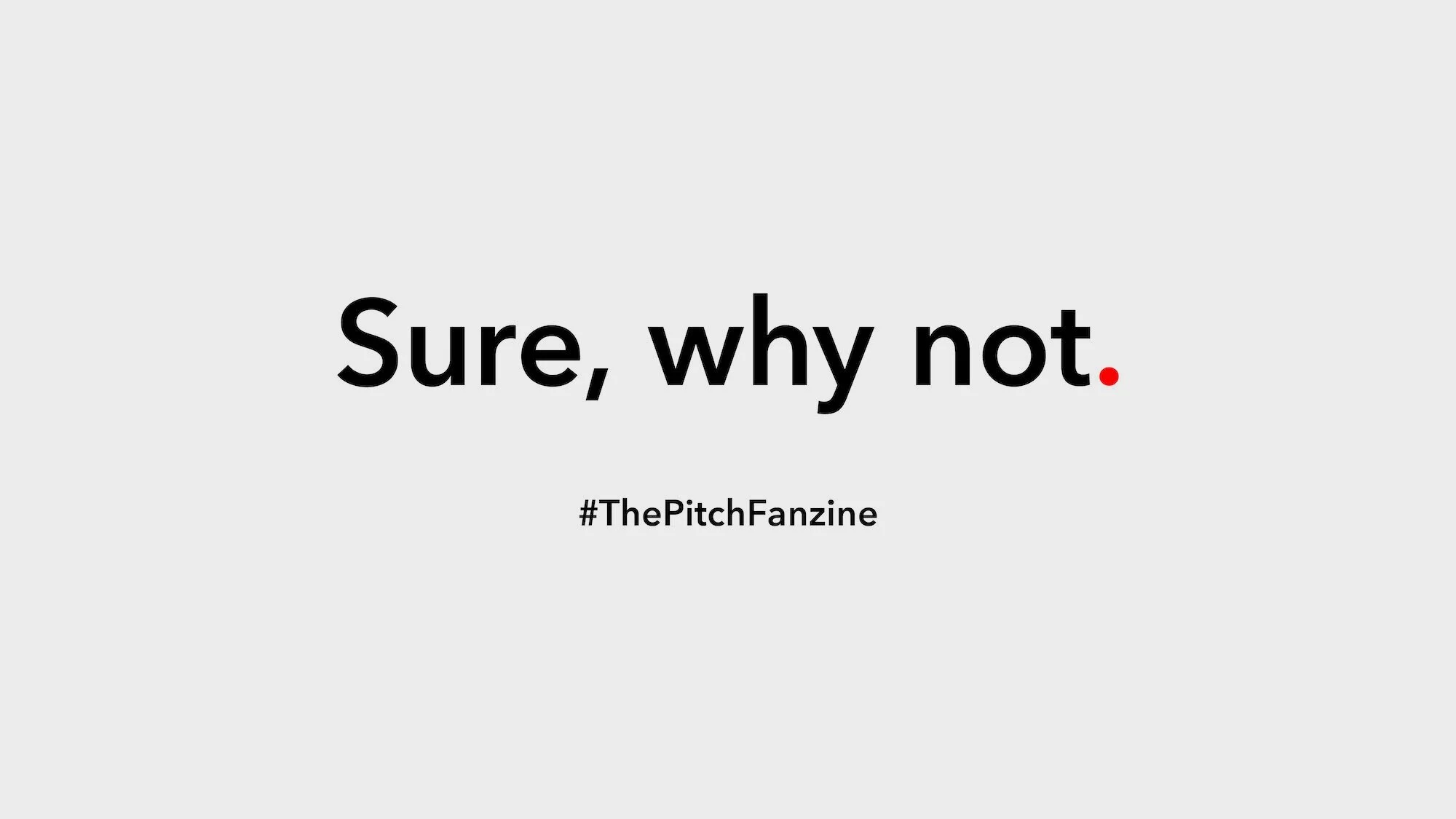Sabrina Lynch, Senior Vice President, Taylor Strategy
An African American point of view
The faces around the boardroom table looked at me, on the edge of their seats, waiting for an African American point of view on the strategy being discussed. In that moment, I had become the designated “Black Messiah.” I realised that some education was needed:
“You do remember that I’m not African American, right?”
My reply was not to goad my client or colleagues. It was a simple counterargument to oppose the unanimous idea in the room that Black people are all the same, which I wanted to quickly dispel. Again.
In my experience, living and working in America, the individualism and identity of Black people is met with indifference within the marketing and advertising industries. It is one of the main barriers that prevents most of the White workforce from understanding racism. Misperception, unconscious bias, call it what you want. There is an archetype of Blackness that is ingrained in people’s minds that they won’t be able to shake, until they acknowledge it exists and make an effort to break it.
I’m a child of West Indian immigrants. Half Jamaican, half Grenadian, raised in England and working in New York City for over a decade. My culture is different, my education was different, even the language spoken in my childhood household and community was different.
But that is not what a client or colleague typically sees. Cut back to that boardroom table where senior executives asked me, as a Black woman, to comment on behalf of all African Americans; even though every single person was aware of my heritage.
I am just my race, stripped away of any social, cultural or lineage context. That is until I begin to speak, and the privilege of having a British accent sets me apart. That one aspect of my individuality is recognised. But who I am as a whole is still not visible to some White colleagues I’ve worked with throughout my career.
The industry needs to embrace individuality. And it needs to do it quickly.
One way is to develop a more thoughtful – and detailed – breakdown of Black audiences around the world that reflects our diverse economic and political beliefs.
We are a collective of diverse personalities. Our behavior – influenced by geography – affects our sense of self, so there are commonalities we share. However, there is no “one-size-fits-all” approach to summarising our experiences.
It is our individuality that defines culture. Not a mass generalisation.
Thank you Sabrina.
We are all indeed different.
I was told by a client once that sometimes I was a pain in the arse to work with: apparently, I say no a lot. I remember reading his text and wondering at the time, when did my client become best mates with my husband?
Yes, I did smile because he was right. I do say no a lot if an idea going via me to my community sounds off, off. I happily gave him my insight of course and we got shit done.
We are good friends now, as we got to know each other better.
I was thinking about this story the other day, when I was chatting to a female founder in California who I have never met. She said that she’d heard about what I was doing over in London and she wanted to speak with me. She was after nothing and just wanted a talk, talk. Me and this lady, a stranger, chewed the fat about life and tings for an hour and it was nice. So, I’ve decided to extend the invite to others.
I’m leaving my Fridays free going forward for you to call me. Let’s have a chat on the phone about whatever you want, while maybe having a walk too.
And if anyone else wants to join the call exchange I’m happy to connect you with someone you’ve never met who’s also in our Storyletters network. There are 1,500 of you in here, and currently between 800 and 900 of you regularly read my missive each week, so that’s plenty of new people from our industry to chat to.
While we are on semi-lockdown let’s continue getting to know each other.
Best wishes,
Sherry Collins
Chancellor Rishi Sunak is set to announce a £2 billion fund to pay the wages of hundreds of thousands of young people age 16-24 for 6 months.
In last week’s Storyletter endnote I championed an idea by super DoP Rina Yang, announced on her Instagram recently. She is inviting a person of colour intern to work alongside her on all of her shoots going forward, training up a new generation as she goes.
I said, imagine if this idea was taken up by every production company (and post houses too), for every department, as we slowly ease ourselves out of lockdown.
This same idea can be adopted also across brands and agencies in all departments.
Ending in a generation, the lack of diverse talent in our industry.
We have young people looking for opportunities and now we have money to pay those young people, giving them a start at least.
Is there anything else that you need?











